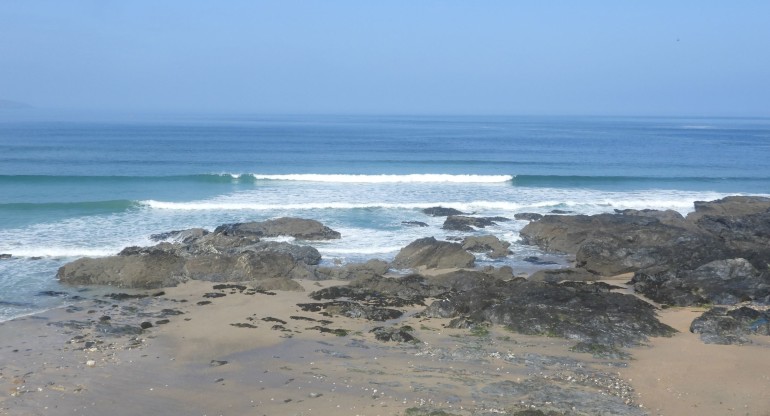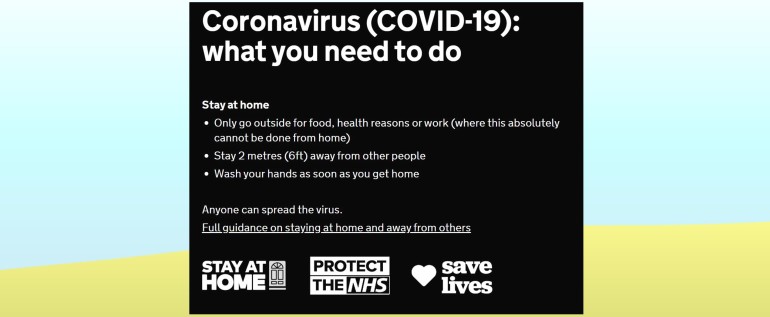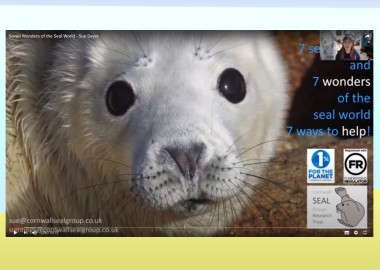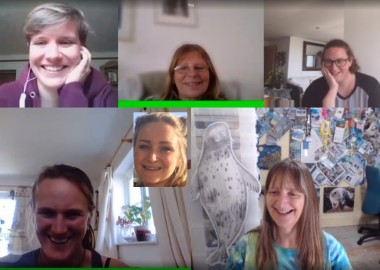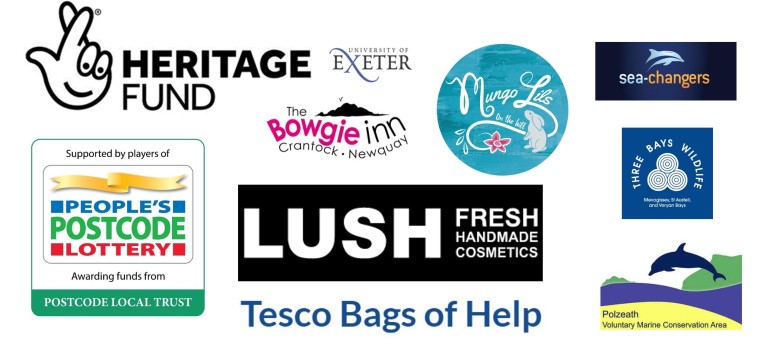COVID19 and seals
We are all living through an unprecedented period in history. Whilst devastating for those who have suffered from or are fighting the symptoms and indirect impacts of Coronavirus, there may be glimmers of a silver lining. The outbreak seems to have enhanced our community spirit to take action to help each other and the most vulnerable and we have begun to appreciate the importance of access to our local environment for exercise and uplifting nature. Let’s hope these lessons are well learned with actions that persist beyond lockdown.
Empty beach
For seals, the impacts have been more positive with lockdown hugely reducing human activity around sensitive wildlife sites. Seals have been able to sleep more peacefully without human interruption and at a time that is critically important to them – their moulting season. At this time extra energy is required to change their metabolism, bringing more blood to their skin to grow their new fur, which then pushes their old, broken down brown fur off. With warm blood nearer the surface, seals are more able to feel cold seawater, so prefer to sleep more on land at this time of year. Perhaps for the first time in their lifetimes they have been able to do so uninterrupted, avoiding critical energy loss. Similar positive impacts are likely to be felt at sea, where foraging grounds will be quieter from less human activity (shipping, fishing, tourism and recreation) enabling them to find their favourite food (sandeels and dragonets) more easily. Effectively seals have been ‘rewilding’ areas that they had moved away from as a result of increased human activity, so they have been recorded in some unusual places.
Government advice shared from the start
CSGRT have been following government COVID19 guidance since the start of the outbreak and quickly issued this advice to all our volunteers resulting in a stop to all seal surveying. Our four rangers packed up the kit and resources they needed to work effectively at home and the office emptied out. But we are a resourceful bunch and we soon learned new skills. We hosted remote meetings and set up an online shared space to enable us to better collaborate on projects alongside all our existing communication channels. We decided to go back to basics and starting with a blank sheet of paper, we redesigned our ideal Photo ID administration systems. Thanks to the expertise of Kieran at Primary PC Solutions, remote networking has been set up with the potential to revolutionise the way we share and process data and photos. This was desperately needed as we processed well over 110,000 and 120,000 different images in each of the last 2 years.
CSGRT’s first ever online talk Remote Ranger meeting – great to see everyone!
We have done our first online talk – ‘All the 7’s: seal stories, wonders and ways to help’ (https://youtu.be/xL_KTCmbROk) enabling key information and advice to be broadcast to our partner organisations globally, resulting in some wonderful feedback. Huge thanks to Cornwall Wildlife Trust Seaquest Southwest’s Cheryl and Clare for making this possible.
For the first time ever our newsletter subscribers (http://eepurl.com/dHdy3j) were able to receive a remote monthly meeting presentation. This means our supporters not only nationwide, but across the globe could learn about how much our charity achieves to protect our precious marine environment each month.
We never thought we would say this, but COVID19 has changed our organisation for the better for ever.
To add your support, please visit our online shop for gift ideas for yourself and your loved ones
Thank you to all our amazing funders who make this possible:

